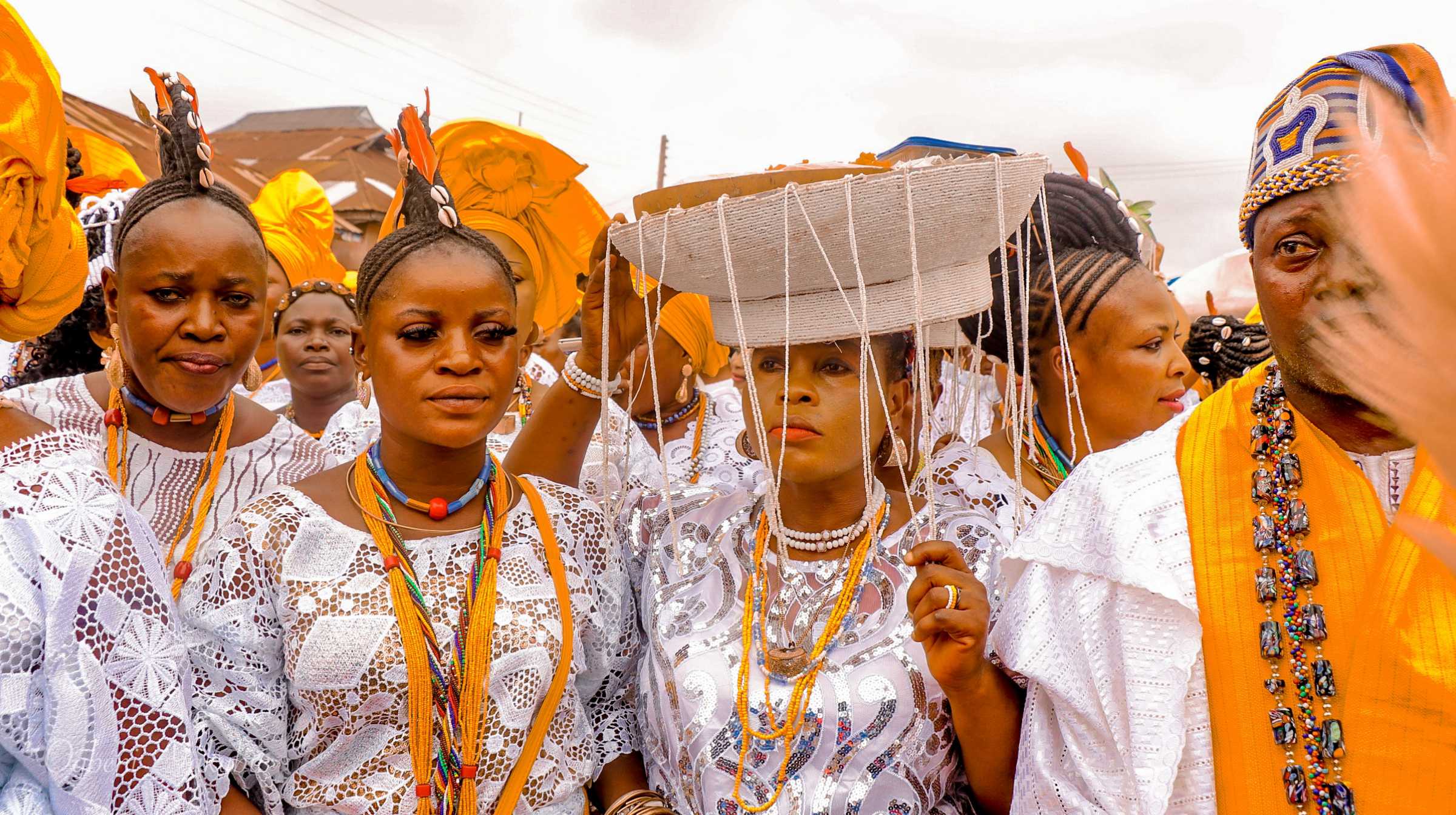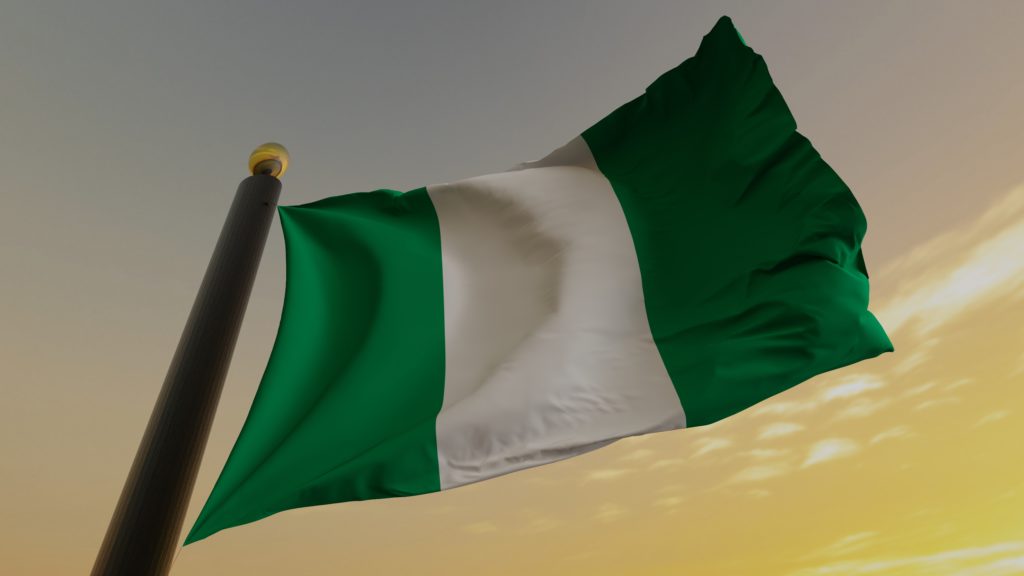
Introduction
Nigeria is home to diverse religions, with deep historical roots that predate the arrival of Islam and Christianity. Traditional Nigerian religions, with their rich customs, deities, and beliefs, continue to influence modern Nigerian culture in various ways. These indigenous belief systems contribute to Nigeria’s rich cultural heritage, shaping festivals, art, music, and even community values. This article explores traditional Nigerian religions and their lasting impact on contemporary Nigerian culture.
1. Overview of Traditional Nigerian Religions
a. Yoruba Religion: Ifá and the Orisha Pantheon
The Yoruba people of southwestern Nigeria practice a complex religious system centered on Ifá, a divination system, and the worship of deities known as Orishas. Each Orisha represents a natural force or aspect of life, such as Ogun (god of iron and war), Sango (god of thunder and lightning), and Yemoja (goddess of rivers and motherhood).
Ifá serves as a guiding philosophy and a way of life, offering insights into morality, ethics, and personal growth. The Yoruba religion has influenced global spiritual practices, with adherents worldwide, particularly in the Americas, where it evolved into religions like Santería and Candomblé.
b. Igbo Religion: Chi and Ancestor Worship
Among the Igbo of southeastern Nigeria, the traditional religion involves worship of a personal god known as Chi and reverence for ancestors. Igbo spirituality focuses on harmony with the universe, with major deities like Ala (earth goddess) and Amadioha (god of thunder) playing key roles. Ancestor worship is central, as ancestors are believed to offer guidance and protection to the living.
c. Hausa Traditional Beliefs: Bori Spirit Worship
In northern Nigeria, traditional Hausa beliefs are intertwined with Bori, a spiritual practice involving the worship of spirits that influence health, fortune, and social life. Bori spirits are believed to possess people, leading to rituals where practitioners seek their favor for healing and prosperity. While Islam is now predominant among the Hausa, Bori practices persist and influence cultural events and healing traditions.
2. Major Elements of Traditional Nigerian Religions
a. Deities and Spirits
Most traditional Nigerian religions recognize a supreme being, as well as a pantheon of deities and spirits that govern natural elements and human affairs. These deities are often associated with natural forces like rivers, rain, and fertility, serving as intermediaries between humans and the divine.
b. Divination and Rituals
Divination practices, such as Ifá in Yoruba culture and Afa in Igbo culture, are used to communicate with the spiritual world. Rituals are conducted to seek blessings, guidance, and solutions to problems, creating a bond between the community and its ancestral roots.
c. Ancestor Worship
Ancestor worship is a cornerstone of many Nigerian traditional religions. Ancestors are believed to remain spiritually active in guiding and protecting their descendants. Ceremonies honoring ancestors are common, as they ensure continuity of family heritage and social harmony.
3. Influence of Traditional Religions on Modern Nigerian Culture
a. Festivals and Celebrations
Traditional festivals like the Yoruba Osun-Osogbo Festival and the Igbo New Yam Festival celebrate indigenous religious beliefs and attract attendees from around the world. These festivals include music, dance, rituals, and offerings, bridging the gap between past traditions and modern Nigerian identity.
b. Art and Symbolism
Traditional Nigerian religions have influenced the country’s art, seen in carvings, masks, and sculptures that depict deities, spirits, and mythological stories. For example, bronze sculptures from the Kingdom of Benin are often spiritual in nature, representing ancestral power and divine beings.
c. Music and Dance
Music and dance in Nigerian culture are deeply rooted in traditional religious practices. Drums, chants, and dances performed at religious ceremonies are used to honor deities, communicate with spirits, and celebrate life events. The beats, rhythms, and movements have influenced modern Nigerian music genres like Afrobeat and Fuji.
4. Challenges and Revival of Traditional Religions
a. Influence of Christianity and Islam
With the spread of Christianity and Islam, traditional Nigerian religions faced decline. However, many communities continue to practice their indigenous religions, blending them with modern faiths to preserve their heritage.
b. Revival Movements and Global Recognition
In recent years, there has been a resurgence of interest in traditional Nigerian religions, both within Nigeria and among the Nigerian diaspora. Yoruba Ifá and Orisha worship, for example, have gained international followings, particularly in the Americas and the Caribbean.
Conclusion
Traditional Nigerian religions are an enduring part of Nigeria’s cultural landscape, providing a unique perspective on spirituality, values, and identity. Despite the spread of global religions, the influence of indigenous beliefs can still be felt in festivals, art, music, and cultural practices across Nigeria. As Nigerians continue to celebrate their cultural roots, traditional religions remain a vital link between the past and present, embodying the spirit and resilience of Nigerian heritage.



